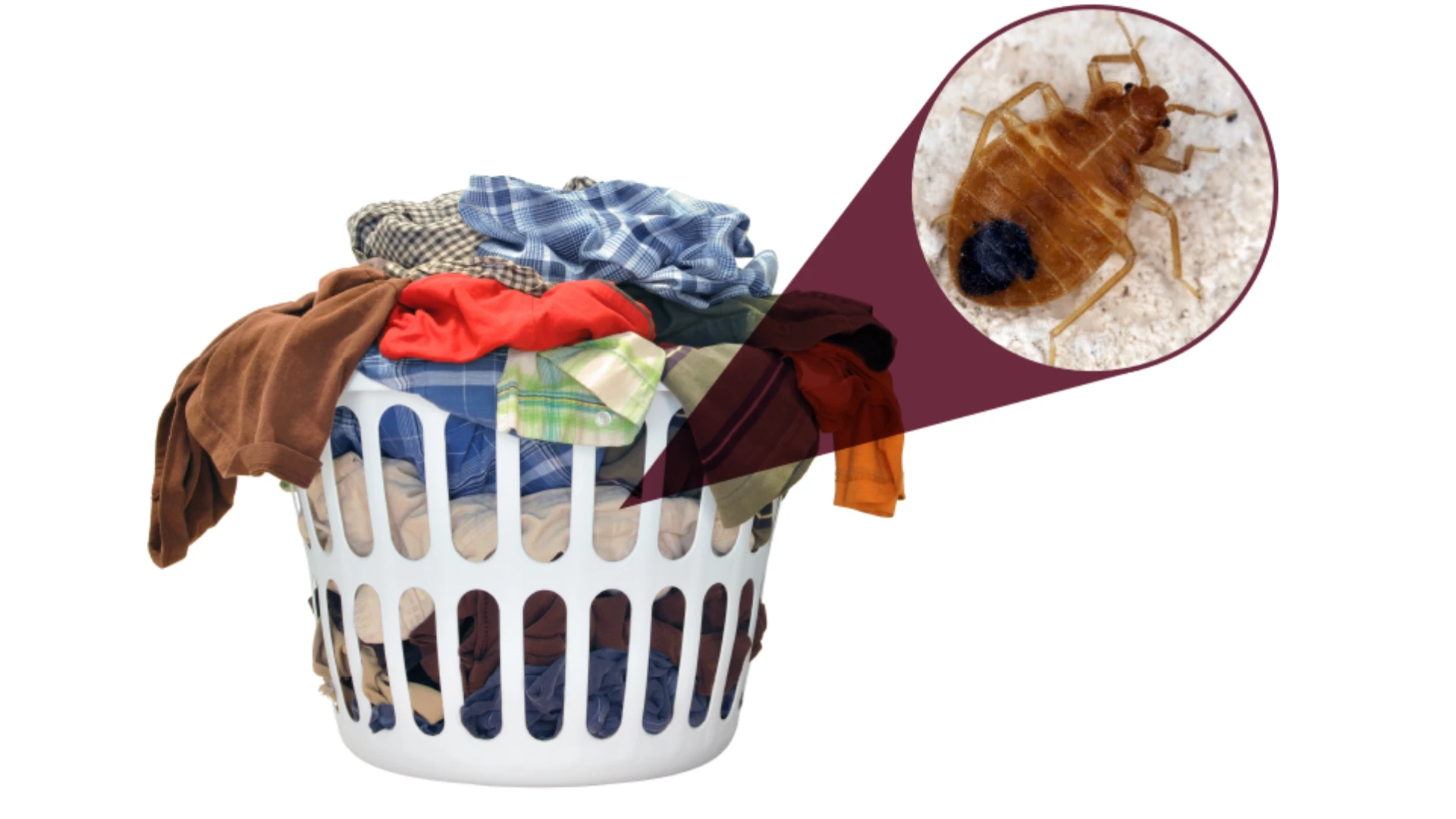 Who Are You Calling ‘Pea-Brain?’
Who Are You Calling ‘Pea-Brain?’
Humans, take note: It turns out that bigger brains might not actually be a sign of greater intelligence. According to a growing number of studies, some insects like honeybees and ants can count, categorize objects and recognize human faces, even though their brains are roughly the size of a pinhead. Studies like this are finally causing scientists to move past the idea that insects are just simple machines that respond predictably to events.
While researchers have often tried to link the volume of an animal’s brain with the depth of its intelligence, it is now believed that what truly matters is the complexity of connections between brain cells.
Studying these types of connections in a small insect brain is much more manageable for researchers and could help us better understand how bigger brains, including those of humans, work. In addition, if scientists are able to figure out how a relatively small number of cells work together to process intricate ideas, they may be able to use this information to create “smarter” computers that model the complex behaviors of our surprisingly intelligent insect friends.
*****
 Mint? No, Thanks
Mint? No, Thanks
No one likes bad breath. But if you’re an insect, smelling it could save your life.
A recent research study shows that some insects actually fall over if they detect warm mammal breath. This fainting is a life-saving strategy for insects living on plants and often prevents the bugs from being eaten by the mammals that are feasting on the plant.
During the first part of the study, a goat fed on potted alfalfa plants infested with aphids. Amazingly, 65 percent of the aphids dropped to the ground mere seconds before they would have been eaten along with the plant.
Researchers made sure to test whether or not the fainting was caused by other factors, such as shaking the plant or the shadows created by ladybugs, an enemy of aphids. But nothing inspired the same type of response as the goat’s warm breath.
To further investigate, researchers constructed an artificial breath apparatus. When the airstream was warm and humid, the aphid drop off rate increased to about 87 percent, which suggests that the aphid’s sensory system on ambient humidity might be the key component of their breath detection abilities.
Researchers also believe that this type of defense mechanism might be found among other invertebrates that face a similar threat from living on plants. So if you’re a bug, bad breath won’t really kill you – it might do the opposite.
*****
 Crawly Cocktails
Crawly Cocktails
“Excuse me, would you like an olive in your Martini, or a scorpion?” You may have been asked a question like this if you visited New York restaurant and bar White & Church last summer.
One daring drink contained tobacco and sugar-infused brandy and was topped off with scorpions, while another contained a blend of coconut, caramel and crickets. A top-selling drink was called “Why Not,” featuring a Mexican worm.
The drinks were the creations of the co-owner’s wife, who assumed, “People eat escargot, which are snails. What’s the difference?”
Patrons may not have shared her open mind. A look at the current drink menu reveals the restaurant does not seem to feature as many insect-inspired beverages. Perhaps it became too costly or too much of a challenge to keep the bar stocked with pests. Early on, the restaurant’s bee supplier pulled out, forcing a rum, lemon juice and toasted bee drink to be discontinued.
Who knows though? Perhaps patrons who are willing to bring in their own creepy-crawlies can convince the bartenders over at White & Church to whip up a little insect-inspired cocktail for an added fee. It’s worth a try for the adventure-seekers of the world.

Explore the September 2012 Issue
Check out more from this issue and find your next story to read.
Latest from Pest Control Technology
- Rentokil Terminix Expanded in Key Markets with 2024 Acquisitions
- In Memoriam: Joe Cavender
- Certus Acquires Green Wave Pest Solutions
- Liphatech Adds Alex Blahnik to Technical Team
- Do the Right Sting: Stinging Insect Identification, Management, and Safety
- VAGA's 8th Annual Veterans Thanksgiving Appreciation Dinner
- Clark's Blair Smith on the Response to Increased Dengue Fever Cases in Southern California
- WSDA, USDA Announce Eradication of Northern Giant Hornet from U.S.





